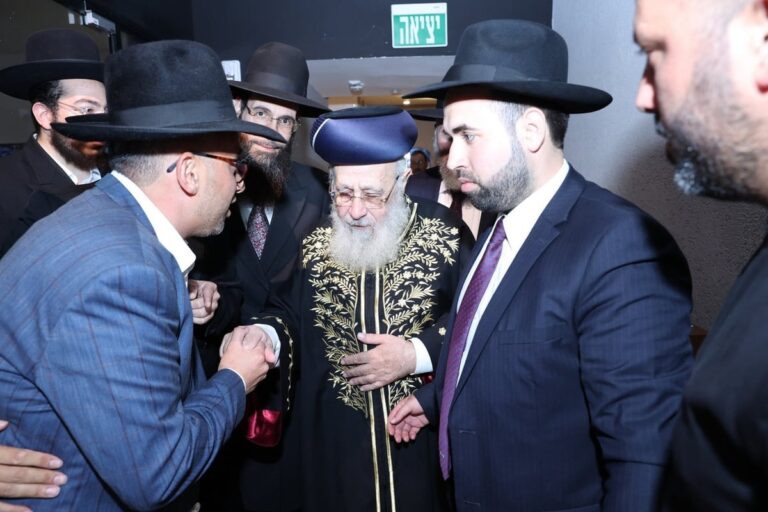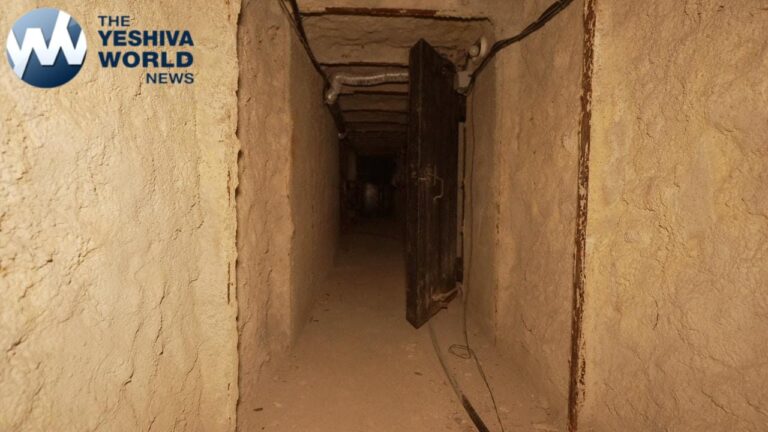 Brooklyn – In a joint hearing of the City Council’s Public Safety and Transportation Committees Thursday, Councilman David G. Greenfield demanded swift action to ensure the safety of the New York City Transit Authority’s nearly 4.3 million daily riders. MTA NYC Transit President Thomas Prendergast testified before members of the Council on a wide range of security issues including a lack of surveillance cameras. Last year, the MTA’s security camera contractor- Lockheed Martin – sued the MTA to release them from their contract citing the MTA’s obstruction of installing these security cameras. The matter is still in litigation.
Brooklyn – In a joint hearing of the City Council’s Public Safety and Transportation Committees Thursday, Councilman David G. Greenfield demanded swift action to ensure the safety of the New York City Transit Authority’s nearly 4.3 million daily riders. MTA NYC Transit President Thomas Prendergast testified before members of the Council on a wide range of security issues including a lack of surveillance cameras. Last year, the MTA’s security camera contractor- Lockheed Martin – sued the MTA to release them from their contract citing the MTA’s obstruction of installing these security cameras. The matter is still in litigation.
At the hearing, Greenfield slammed the MTA for “failing in its responsibilities to commuters.” When asked by Greenfield about the status of installation of security cameras in the system’s 468 subway stations, President Prendergast replied that, in conjunction with the NYPD, they would create a priority list for stations to receive these cameras rather than equip all stations at the outset. Greenfield pointed out that the MTA is years behind its promise to secure train stations, and this policy of prioritization would encourage those seeking to attack the transit system to enter the system through unprotected stations. Greenfield demanded of Prendergast that “all train stations be protected with this most basic of security measures.”
What’s more, Greenfield’s questioning revealed that the MTA is nowhere near completion of a five year old promise to install equipment to expand cell-service in New York’s subway stations. Greenfield stressed that this is a major security concern for New Yorkers. In his questioning of NYPD Transit Chief Raymond Diaz at the same hearing, Chief Diaz agreed with Greenfield that cell phone service in train stations would improve the security of New Yorkers.
Greenfield’s line of questioning highlighted the MTA’s mismanagement of funds allocated for security improvements. In addition to the administrative mismanagement, President Prendergast’s testimony revealed there are an unknown amount of master keys, allowing entry to the subway system, floating around New York City. Prendergast admitted that not only is there no system in place to track master key distribution, but the transit authority distributes easily duplicable master keys to a variety of city agencies.
In one of the more amusing exchanges of the day, Greenfield asked Prendergast what security measures were used to ensure that these “master keys” were not copied. Without batting an eye, Prendergast replied that each key was stamped with a “Do Not Copy” stamp. Greenfield could not help himself from laughing when he explained that stamping a key is hardly a security measure. Greenfield introduced Prendergast to the concept of a Mul-T-Lock, an Israeli key that can not be easily duplicated. Reflecting on the exchange with Prendergast Greenfield said, “I think we have to focus more on the common sense solutions that will make an immediate impact on the safety of our transit system. Frankly, I think we can start by changing the locks.”
(YWN Desk – NYC)










